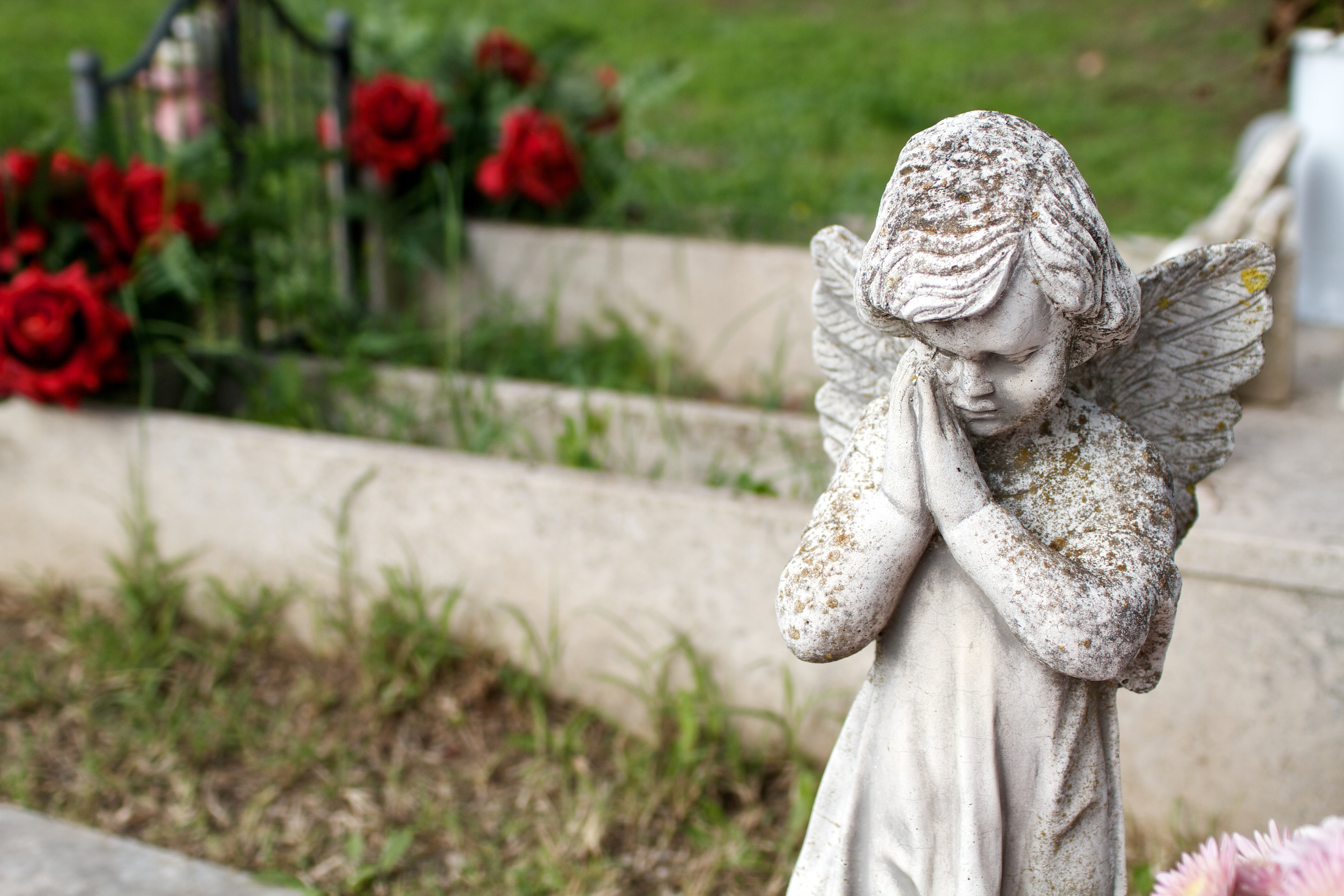
Losing a spouse is devastating at any age. When it happens unexpectedly early in life, the grief carries unique complexities. Young widows and widowers face not only profound loss but also shattered assumptions about a long future together.
They navigate grief while potentially raising young children, managing careers, and figuring out a life path radically different from the one envisioned. The journey is incredibly difficult and nonlinear. While nothing removes the pain, certain approaches can help navigate this heartbreaking reality. Here are eight ways to face the immense challenge of spousal loss at a young age.
1. Allow Yourself the Full Spectrum of Grief (With No Timeline)
Grief after losing a spouse young is intense and unpredictable. You might feel shocked, anger, deep sadness, numbness, guilt, or even moments of relief – sometimes all at once. Allow yourself to feel whatever comes up without judgment. There is no right or wrong way to grieve, and absolutely no set timeline. Societal expectations might pressure you to “move on” quickly, but healing takes time. Give yourself permission to grieve fully and authentically, honoring your loss in your own way.
2. Lean On (and Build) Your Support System
You do not have to navigate this alone. Lean on trusted friends and family members who offer genuine, non-judgmental support. Be specific about what you need – help with childcare, meals, errands, or just someone to listen. Seek out support groups specifically for young widows/widowers. Connecting with others who truly understand this unique type of loss can be incredibly validating and reduce feelings of isolation. Building a strong support network is crucial for resilience.
3. Navigate Practical Matters Gradually and Seek Help
Dealing with finances, insurance, legal documents, and household responsibilities after a spouse’s death feels overwhelming, especially while grieving. Don’t feel pressured to handle everything immediately. Tackle essential tasks first, then address others gradually as you feel able. Ask for help from knowledgeable friends, family, or professionals (like financial advisors or lawyers). Breaking down practical matters into smaller steps makes them feel more manageable during a time of immense emotional strain.
4. Preserve Memories While Allowing Life to Evolve

Honoring your late spouse’s memory is important. You might create photo albums, share stories, or keep meaningful belongings. However, also allow space for your own life to continue evolving. It’s okay to eventually make changes to your home, routines, or even relationships without feeling guilty. Preserving memory doesn’t mean freezing your life in the past. Find ways to integrate your spouse’s memory into your ongoing life journey in a way that feels right for you over time.
5. Address Complex Feelings About Your Own Future
Losing a partner young forces you to confront a future you never planned. This involves grappling with your identity as an individual, potential loneliness, questions about future relationships, and redefining life goals.
Allow yourself space to explore these complex feelings without pressure. There’s no right time to think about dating again, or if you even want to. Focus on your own healing and rediscovering yourself first. Your future path will unfold gradually; be patient with the process.
6. Parent Your Grieving Children (If Applicable) with Honesty
If you have children, you face the dual challenge of managing your own grief while supporting theirs. Be honest with children about the death in age-appropriate language. Allow them to express their feelings openly and validate their grief, which might look different from yours.
Maintain routines as much as possible for stability. Seek resources like children’s grief counseling or support groups if needed. Taking care of yourself enables you to better care for your grieving children during this difficult time.
7. Consider Professional Grief Counseling or Therapy
The unique challenges of young widowhood often benefit from professional support. A grief counselor or therapist provides a safe space to process intense emotions, navigate complex family dynamics, address trauma related to the death (if applicable), and develop coping strategies. Therapy can help manage overwhelming feelings and support the long-term healing process. Seeking professional help is a sign of strength, providing tools and guidance specific to bereavement needs.
8. Be Patient and Extremely Compassionate with Yourself
Healing from such a profound loss is a long, arduous journey with many ups and downs. Be incredibly patient and kind to yourself throughout the process. Some days will be harder than others. Progress isn’t linear. Avoid comparing your grief journey to anyone else’s. Practice self-compassion, acknowledging the immense pain you are carrying. Allow yourself moments of rest, distraction, and even joy when they come, without guilt. You are doing the best you can.
Navigating an Unimaginable Path
Losing a spouse at a young age is an unimaginable tragedy that reshapes life entirely. Facing this reality requires immense courage, support, and self-compassion. Allowing yourself to grieve fully, leaning on support systems, handling practicalities gradually, preserving memories while evolving, considering your future gently, supporting children, seeking professional help, and practicing patience are key aspects of navigating this path. While the pain never fully disappears, healing involves finding ways to integrate the loss and rebuild a meaningful life. You are not alone on this journey.
If you’ve experienced young widowhood, what advice or resources did you find most helpful? How can friends and family best support someone facing this loss? Share your insights with compassion below.
Read More:
10 Things I Had to Learn Alone Because My Mom Never Said It
Why Losing a Pet Hurts More Than Losing a Person

Latrice is a dedicated professional with a rich background in social work, complemented by an Associate Degree in the field. Her journey has been uniquely shaped by the rewarding experience of being a stay-at-home mom to her two children, aged 13 and 5. This role has not only been a testament to her commitment to family but has also provided her with invaluable life lessons and insights.
As a mother, Latrice has embraced the opportunity to educate her children on essential life skills, with a special focus on financial literacy, the nuances of life, and the importance of inner peace.
